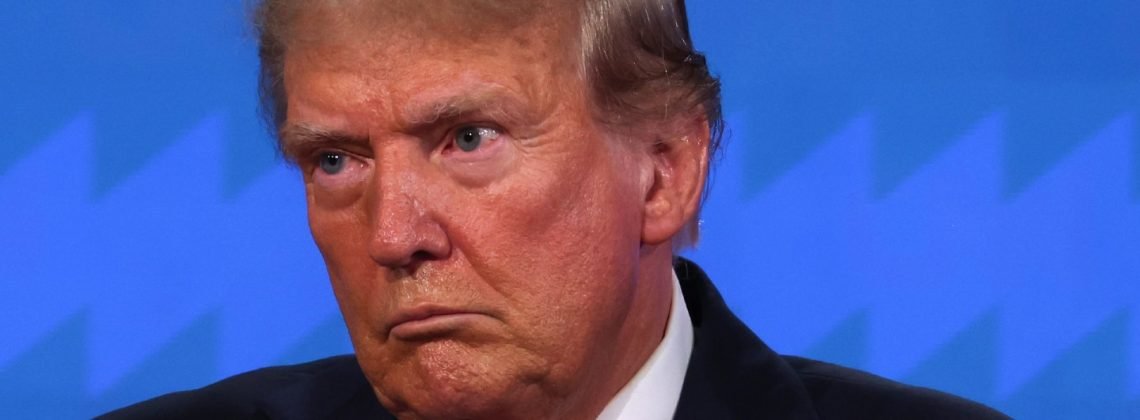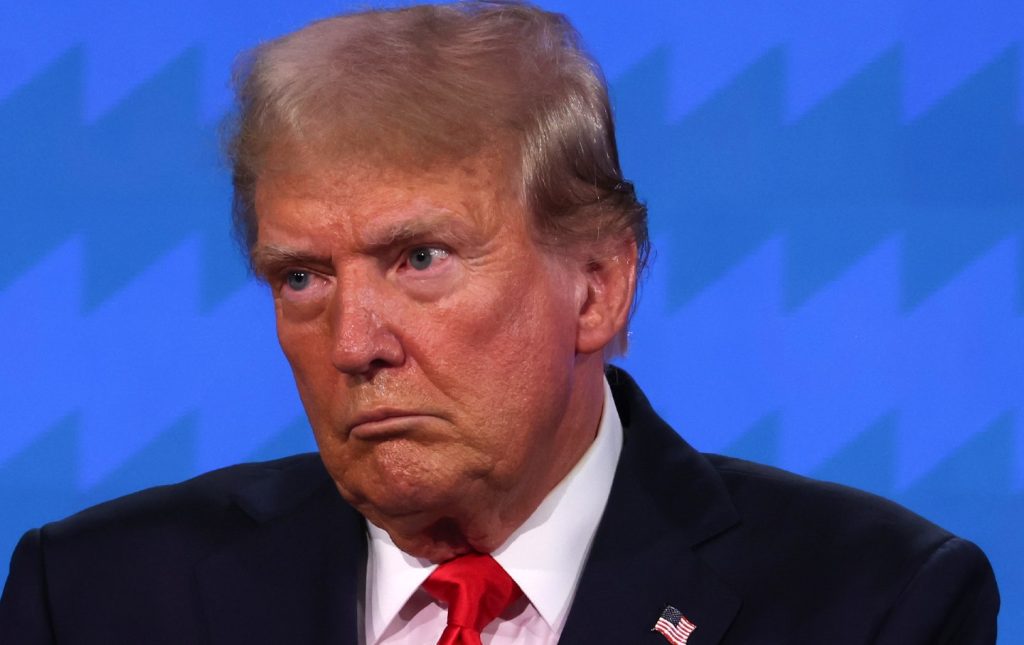

Check out Elisabeth Zerofsky’s piece at The New York Times on historian Robert Paxton. It looks like John Kelly may be right.
Here is a taste:
Paxton, who is 92, is one of the foremost American experts on fascism and perhaps the greatest living American scholar of mid-20th-century European history. His 1972 book, “Vichy France: Old Guard and New Order, 1940-1944,” traced the internal political forces that led the French to collaborate with their Nazi occupiers and compelled France to reckon fully with its wartime past.
The work seemed freshly relevant when Donald Trump closed in on the Republican nomination in 2016 and articles comparing American politics with Europe’s in the 1930s began to proliferate in the American press. Michiko Kakutani, then the chief book critic for The New York Times, was among the first to set the tone. She turned a review of a new Hitler biography into a thinly veiled allegory about a “clown” and a “dunderhead,” an egomaniac and pathological liar with a talent for reading and exploiting weakness. In The Washington Post, the conservative commentator Robert Kagan wrote: “This is how fascism comes to America. Not with jackboots and salutes,” but “with a television huckster.”
In a column for a French newspaper, republished in early 2017 in Harper’s Magazine, Paxton urged restraint. “We should hesitate before applying this most toxic of labels,” he warned. Paxton acknowledged that Trump’s “scowl” and his “jutting jaw” recalled “Mussolini’s absurd theatrics,” and that Trump was fond of blaming “foreigners and despised minorities” for ‘‘national decline.’’ These, Paxton wrote, were all staples of fascism. But the word was used with such abandon — “everyone you don’t like is a fascist,” he said — that it had lost its power to illuminate. Despite the superficial resemblances, there were too many dissimilarities. The first fascists, he wrote, “promised to overcome national weakness and decline by strengthening the state, subordinating the interests of individuals to those of the community.” Trump and his cronies wanted, by contrast, to “subordinate community interests to individual interests — at least those of wealthy individuals.”
After Trump took office, a torrent of articles, papers and books either embraced the fascism analogy as useful and necessary, or criticized it as misleading and unhelpful. The polemic was so unrelenting, especially on social media, that it came to be known among historians as the Fascism Debate. Paxton had, by this point, been retired for more than a decade from Columbia University, where he was a professor of history for more than 30 years, and he didn’t pay attention to, let alone participate in, online debates.
Jan. 6 proved to be a turning point. For an American historian of 20th-century Europe, it was hard not to see in the insurrection echoes of Mussolini’s Blackshirts, who marched on Rome in 1922 and took over the capital, or of the violent riot at the French Parliament in 1934 by veterans and far-right groups who sought to disrupt the swearing in of a new left-wing government. But the analogies were less important than what Paxton regarded as a transformation of Trumpism itself. “The turn to violence was so explicit and so overt and so intentional, that you had to change what you said about it,” Paxton told me. “It just seemed to me that a new language was necessary, because a new thing was happening.”
When an editor at Newsweek reached out to Paxton, he decided to publicly declare a change of mind. In a column that appeared online on Jan. 11, 2021, Paxton wrote that the invasion of the Capitol “removes my objection to the fascist label.” Trump’s “open encouragement of civic violence to overturn an election crosses a red line,” he went on. “The label now seems not just acceptable but necessary.”
Read the rest here.
You might want to add that much of what we would call the Progressive Agenda also lines up well with fascism, if you mean the governing philosophy of Italy and Germany in the 1920s (Italy) and 30s (Italy and Germany). For that matter, the framers of the New Deal also admired Mussolini’s economic platforms. Given Hitler’s belief that governments should direct the economy and that “private gain” was a bad thing, it is safe to say that much of what we call Progressivism also lines up well with fascism.
As for Trump turning into another Hitler should he be elected, there are some roadblocks. First, he wasn’t Hitler the first time around and, to be honest, it is the Democrats that are engaged in censorship and also calling out the First Amendment. (I realize, John, that with you and your people at Current, whatever the Democrats do is good, and if they engage in censorship, then it must be because they are fighting for Truth.)
Second, in order to become a dictator, one must be able to get the key people to ensure that one actually can govern as a dictator, and that would require getting most of the executive branch, not to mention the Armed Forces, to go along with such a declaration. Given that most people employed in federal agencies are Democrats, and given statements by military leaders, I seriously doubt that Trump could pull it off.